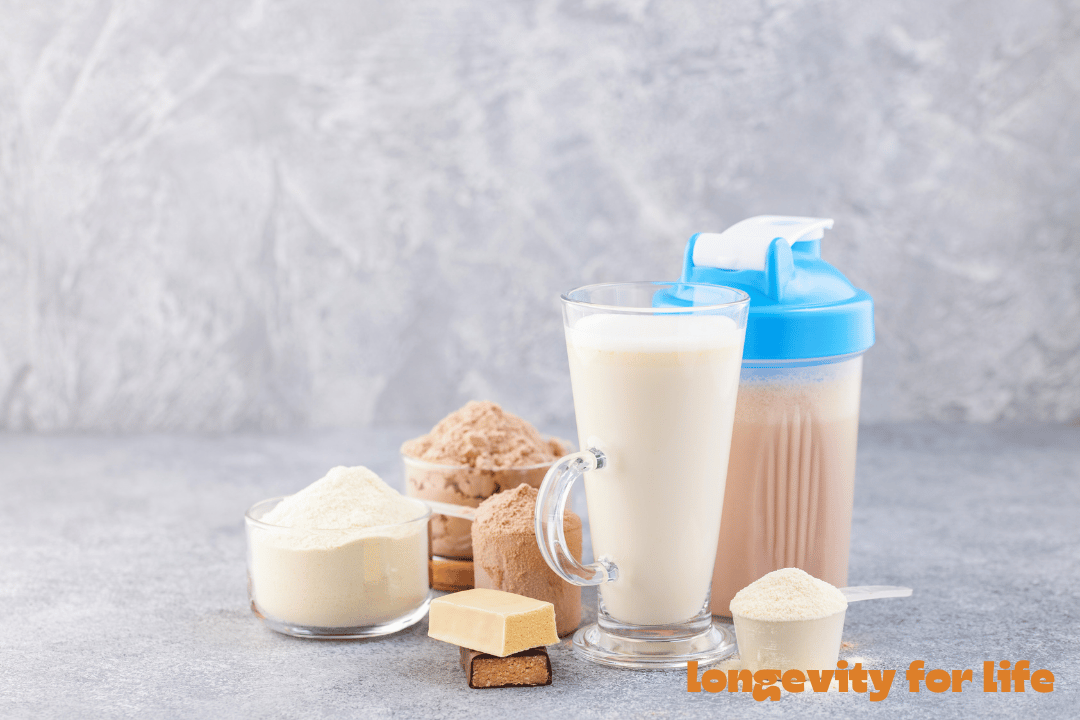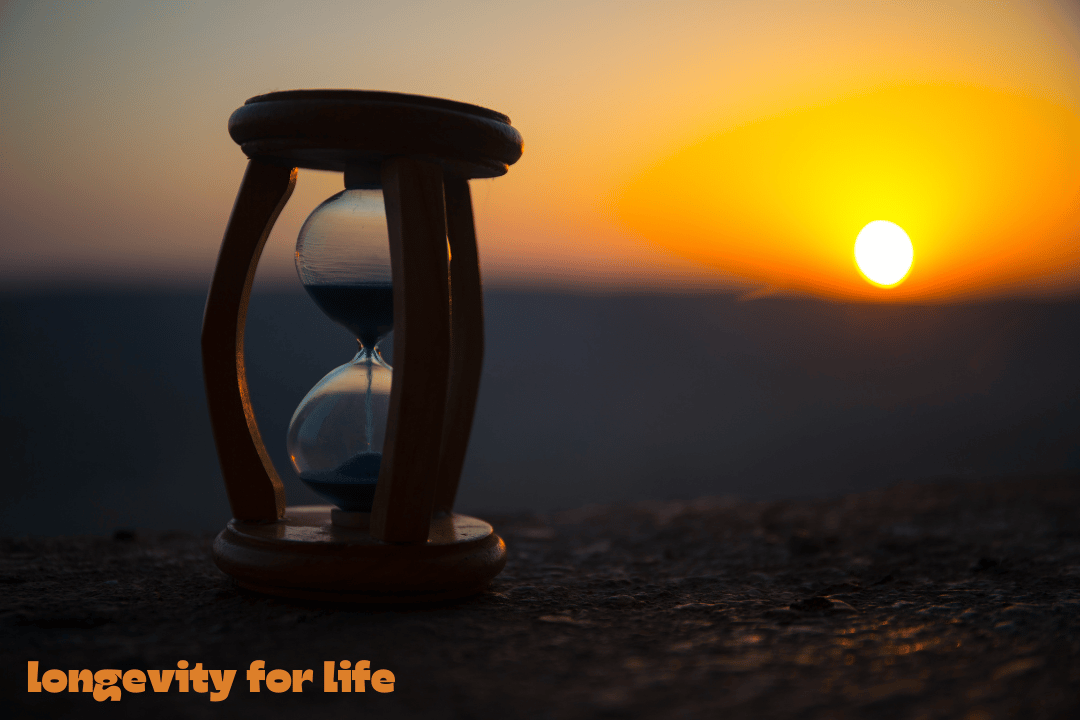
In today’s email:
Brew-tiful Microbiome: How your daily coffee habit affects your gut flora, and why it's more than just a caffeine fix.
Protein Power Play: The dynamic duo of resistance training and protein supplements, and how timing is everything when it comes to walking stronger.
Light Up Your Life... or Not: Why your daily dose of sunshine and nighttime darkness could be silently shaping your lifespan and your long-term health.
TOP STORY

The Buzz on Gut Health: Coffee's Surprising Microbial Connection
It's no secret that coffee is a beloved beverage for many, but did you know it might be doing more than just waking you up? A recent study, published in Nature Microbiology, has unveiled a fascinating connection between coffee consumption and the bustling world of microbes living in our guts. This isn't just about the caffeine kick; it's a deep dive into how coffee's rich polyphenol content interacts with our internal ecosystem. Researchers analyzed an impressive amount of gut microbiome data – over 22,000 people – and corroborated these findings with public data from over 54,000 samples. This broad analysis showed a very clear and consistent pattern: those who regularly drink coffee have a different gut composition compared to those who don’t, highlighting a real impact on our microbial environment. This isn't a small change; it's a strong, consistent correlation across different populations, making it a really important finding.
The real standout discovery, however, was a specific bacterium: Lawsonibacter asaccharolyticus. Among the 115 microbial species that were found to be more abundant in coffee drinkers, this particular one showed a strong correlation. High coffee consumption was associated with a 4- to 8-fold increase in this bacterium's presence, with moderate drinkers also experiencing a notable 3- to 4-fold increase compared to non-coffee drinkers. Surprisingly, this effect held true even with decaffeinated coffee, indicating that it is coffee’s polyphenols, and not caffeine, that are the main driver behind this change in our gut. Laboratory experiments went on to confirm that coffee actually encourages the growth of Lawsonibacter asaccharolyticus. It appears this bacterium thrives on coffee's chlorogenic acid, breaking it down into quinic acid and other metabolites. These metabolic changes might help explain the many well-documented health benefits associated with coffee, such as reduced risks of diabetes and heart disease. It also appears that Lawsonibacter asaccharolyticus might be more prevalent in populations that consume more coffee, which gives a better picture of how population-level food consumption can drive changes in gut composition. This research provides a fascinating framework for understanding how our dietary habits and gut interact.
Power Up Your Walks: Protein's Role in Boosting Resistance Training for Seniors

We all know that maintaining an active lifestyle is crucial as we age, but it's not just about the exercise itself. A new analysis, encompassing 18 studies and over 1,100 older adults, has revealed the amazing power of combining resistance training with protein supplementation to improve physical function. Specifically, these studies looked closely at walking speed, which is a key indicator of overall health and mobility in older adults. The research found that when older adults engaged in resistance exercises – like squats or weightlifting – while also consuming protein supplements, their walking speed improved more than with just resistance training alone. It is a moderate improvement, but it can be incredibly vital for maintaining independence and overall physical abilities.
Interestingly, the timing of protein intake also played a role. Studies in which participants took their protein supplements after their exercise session showed more positive outcomes compared to those who consumed protein at other times. While it's not necessarily a narrow "anabolic window," there seems to be a notable advantage to post-exercise protein consumption. The analysis also revealed that interventions lasting longer than 12 weeks generally showed better results, highlighting the importance of consistency and a long-term approach. And, perhaps surprisingly, people who were overweight or obese seemed to experience even more pronounced benefits from this combined approach. This might be due to a number of factors, such as having a greater baseline for improvement, or simply more muscle mass to work with. In the studies, the type of protein used wasn't as important as the total intake, which should be about 1.6 to 2.2 grams of protein per kilogram of body weight per day. The overall findings are very clear: exercise and nutrition work together and, if you are looking to maintain your health and physical function, resistance training combined with a good dose of protein, especially after exercise, can be a game changer.
Together with longevityfor.life

Want to live longer and feel stronger? The Life Extension Handbook from longevityfor.life is your ultimate guide to unlocking a healthier, longer life. Packed with actionable tips on boosting cardiovascular health, building muscle strength, optimizing nutrition, and mastering your sleep habits, this handbook gives you everything you need to thrive at any age. Whether you're looking to crush your fitness goals or simply feel your best, this guide has you covered. Grab your copy today and start your journey toward lifelong vitality!
Daylight, Darkness, and Longevity: The Surprising Power of Light

It might sound like science fiction, but the light we experience on a daily basis can actually impact how long we live. A new study that followed nearly 90,000 people in the U.K. has uncovered a powerful connection between our exposure to light and our risk of premature death. It's not just about getting a good night’s sleep; it’s also about when we experience both light and darkness, as our bodies have a natural rhythm, and disruptions in that rhythm can greatly affect our health. Those with the brightest nights – spending time in artificial light during the late hours – had a significantly higher risk of early death, from 21% to 34% higher compared to those with mostly dark nights. It’s clear that our modern habit of keeping the lights on late is not helping us when it comes to our overall health.
On the other hand, those who enjoyed brighter days had a 17% to 34% lower mortality risk compared to those who were in dimly lit environments during the daytime. It's as if our bodies were designed to soak up that natural sunlight. And it’s not just about whether we get light in the day or darkness at night; it's about the contrast between these two states. The study revealed that the greater the contrast between bright days and dark nights, the healthier we appear to be. If our lighting environment is always dim, both in the day and at night, our bodies are more vulnerable to disruptions caused by light, no matter the time of day. Our bodies operate on circadian rhythms, which are natural processes that cycle over a 24 hour period and influence sleep, blood pressure, energy levels, and hormone releases. Light is a powerful cue that sets these rhythms. The study also suggests that getting as much natural light as possible during the day, especially in the morning, is incredibly beneficial. At night, it's equally important to keep your environment as dark as possible, especially between midnight and 6 am, and avoid artificial light at night. This study emphasizes how our lighting habits can greatly impact our health.

This email was brought to you by Scott Ward
Was this email forwarded to you? Sign up here.
*Some links may contain affiliate and sponsorship associations to aid in newsletter support.
If you are loving the Beehiiv platform, try it out FREE for 30 days, plus 20% off your first 3 months
